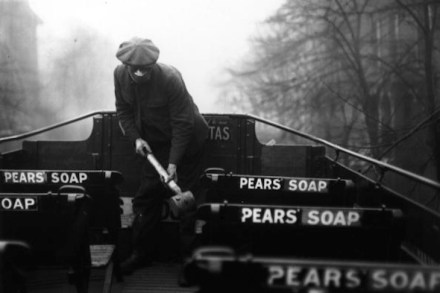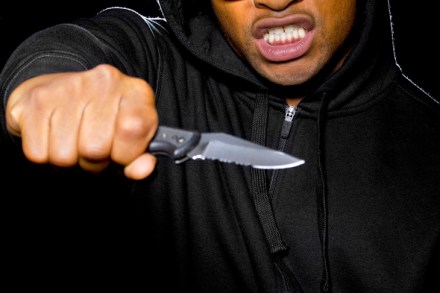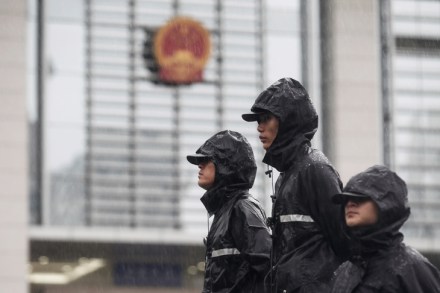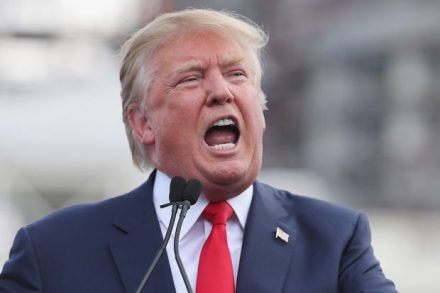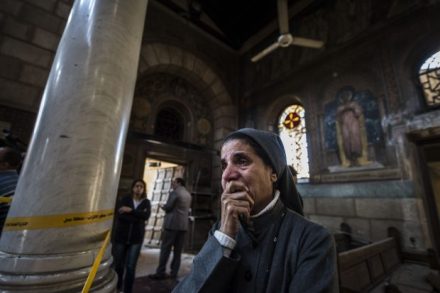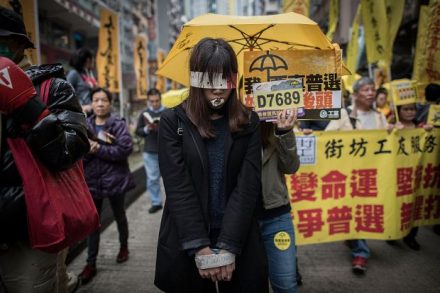The last great pandemic
The symptoms of the Spanish flu could be ghastly. Perhaps Laura Spinney should have chosen her title with more care because rather than becoming pale and interesting, as with tuberculosis, frequently the flu’s victims turned completely black before dying. ‘It is hard,’ one US army doctor observed, ‘to distinguish the colored men from the white.’ The pandemic is often thought of as a forgotten catastrophe. That is despite its monumental scale. The death toll, which peaked in the autumn of 1918, is variously estimated to be between 50 million and 100 million — far exceeding the 17 million fatalities of the Great War. But have we really forgotten the Spanish
